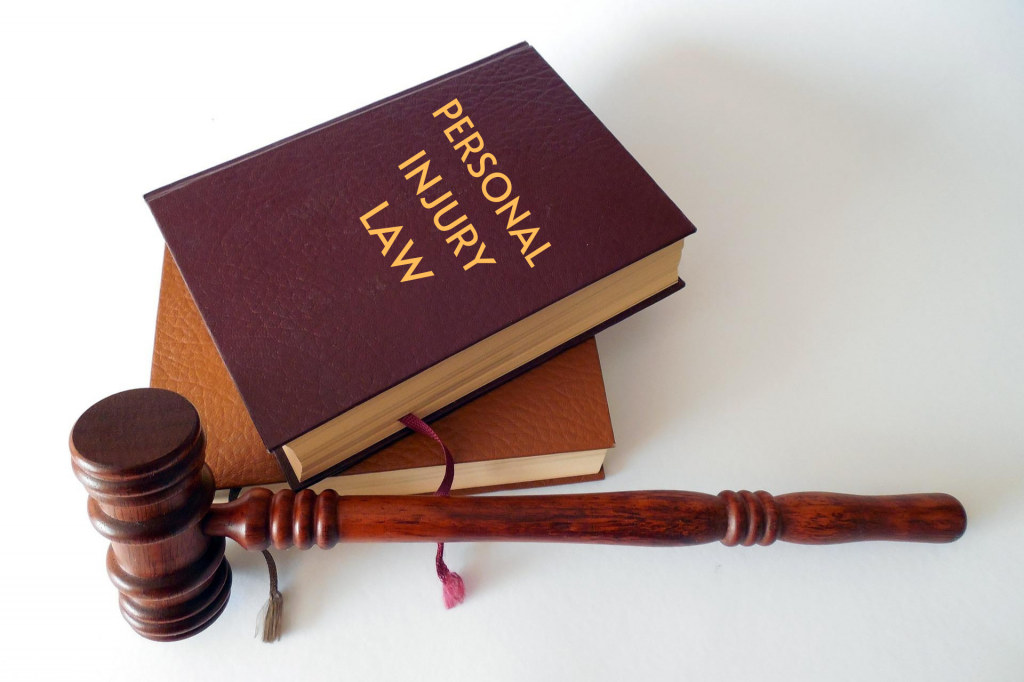The duty of care is a crucial concept in personal injury law that describes people’s and organizations’ legal responsibility to act in a way that prevents harm or injury to others. This concept forms the basis for most personal injury claims and must be established for success.

Understanding this concept is crucial for plaintiffs in navigating the legal landscape of personal injury claims. Law firms, like Michigan Injury Lawyers, have extensive experience dealing with accident cases and can help individuals understand their rights and responsibilities.
This post will provide a comprehensive overview of the duty of care, including its definition, elements, and examples in different scenarios.
What is the Duty of Care?
A legal duty of care imposes the need to exercise reasonable caution when engaging in any activity. This activity can be something as simple as operating a car. You can hire a personal injury attorney here or by consulting with a legal professional who specializes in handling cases involving negligence and accidents. Seeking legal assistance early can help ensure that you understand your rights and options for pursuing compensation.
In simpler terms, it means to act in a manner that any sensible person would to prevent foreseeable harm to others. This duty extends to various situations, from driving on the road to providing medical treatment or maintaining property.
Elements of Duty of Care
For duty of care to be established in a personal injury case, certain elements must be satisfied:
- Existence of a Relationship: A relationship between the parties involved must give rise to a duty of care. This relationship could be contractual, professional, or arise from everyday interactions.
- Foreseeability of Harm: The defendant must have reasonably expected the plaintiff’s harm. To put it another way, the defendant had to have known, or reasonably should have known, that their deeds or inactions might cause damage to other people.
- Standard of Care: The defendant’s conduct is measured against the standard of care expected of a reasonable person in similar circumstances. This standard may vary depending on factors such as the nature of the relationship, industry standards, and legal requirements.

Duty of Care in Different Contexts
The application of the duty of care varies across different contexts:
- Medical Malpractice: Healthcare professionals, including doctors, owe it to their patients to treat them respectfully and comply with accepted medical standards. Failure to abide by this may result in medical malpractice claims.
- Premises Liability: Property owners must maintain a reasonable level of safety on their premises to guarantee the protection of their guests and visitors. This involves handling uneven flooring, slick surfaces, and insufficient security.
- Automobile Accidents: To avoid accidents and injuries to other drivers, drivers must drive carefully and by the law. This entails avoiding irresponsible behavior and adhering to speed restrictions and traffic laws.
Establishing Breach of Duty
In a personal injury case, proving the defendant’s breach of the duty of care comes next after it has been proven. When the defendant, by careless acts or omissions, falls short of the expected standard of care, a breach takes place. This could include behaviors like driving while intoxicated, ignoring safety procedures, or failing to take care of recognized risks on property.
Consequences of Breach
If the plaintiff is harmed due to the defendant’s negligence, the defendant could be held accountable for the damages the victim sustains. Compensation for medical costs, missed income, pain and suffering, and other losses brought on by the injury may be included in these damages.
Final Thoughts
A key idea in personal injury law, the duty of care, establishes a person’s or an organization’s legal responsibility to protect others from damage. By understanding the elements and how they apply in different contexts, plaintiffs can navigate personal injury claims with clarity and insight.
Proving the duty of care as an accident victim can be a difficult task. Victims should seek the help of an experienced personal injury lawyer to get the necessary legal assistance.
I am a writer based in London, specialising in finance, trading, investment, and forex. Aside from the articles and content I write for IntelligentHQ, I also write for euroinvestor.com, and I have also written educational trading and investment guides for various websites including tradingquarter.com. Before specialising in finance, I worked as a writer for various digital marketing firms, specialising in online SEO-friendly content. I grew up in Aberdeen, Scotland, and I have an MA in English Literature from the University of Glasgow and I am a lead musician in a band. You can find me on twitter @pmilne100.



































